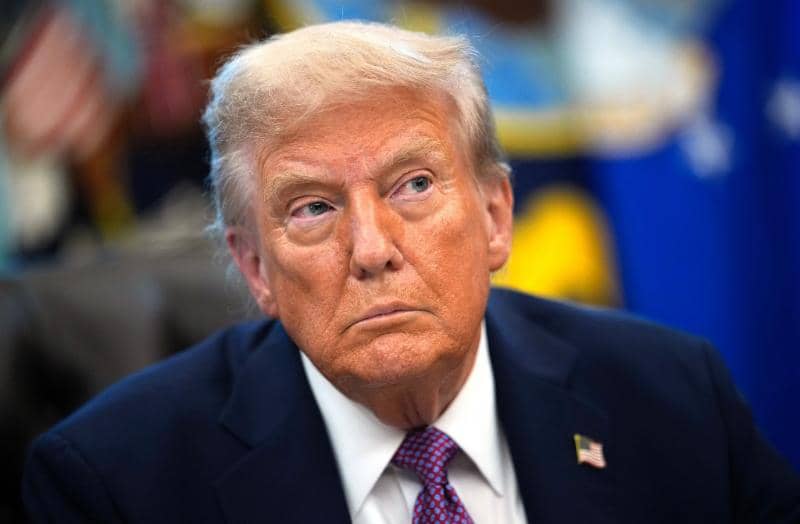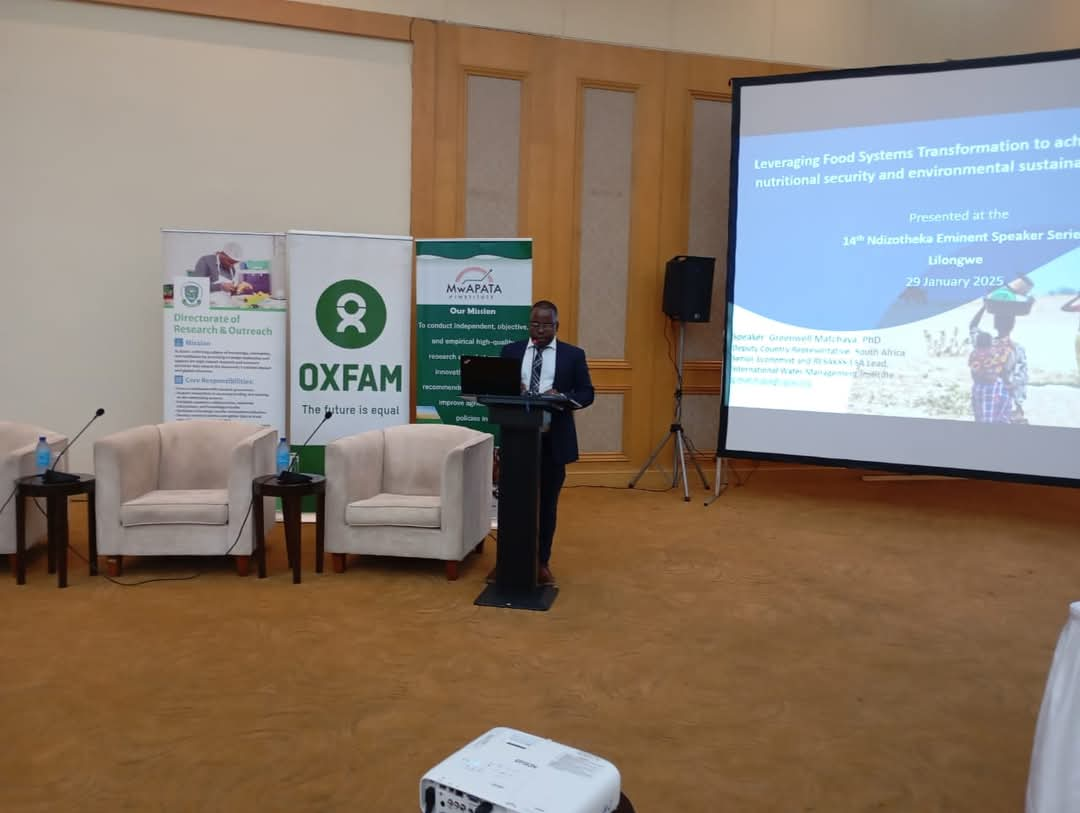By Burnett Munthali
On September 5, 2025, President Donald Trump signed an executive order aimed at addressing the issue of wrongful detentions of U.S. nationals abroad.
The order establishes a new designation: “State Sponsor of Wrongful Detention.”
This designation allows the U.S. government to impose a range of punitive measures on foreign governments that unjustly detain American citizens.
Measures include economic sanctions, visa restrictions, and travel bans for U.S. passport holders.
Secretary of State Marco Rubio emphasized that this action is unprecedented and underscores the administration’s commitment to protecting American citizens.
The executive order empowers the Secretary of State to designate any foreign government that engages in or supports the wrongful detention of a U.S. national as a “State Sponsor of Wrongful Detention.”
Criteria for this designation include the wrongful detention of a U.S. national within the foreign country, failure to release a wrongfully detained American after notification, or actions indicating the government’s responsibility or complicity in such detentions.
The order also allows for the designation of non-state actors, such as militant groups, that hold U.S. citizens captive.
Countries like Iran, China, and Afghanistan are among those that may be reviewed for this designation.
The move is seen as a response to concerns over “hostage diplomacy,” where nations detain Americans to extract political or economic concessions.
In recent years, several Americans have been detained abroad under questionable circumstances, prompting calls for stronger U.S. action.
The executive order aims to deter such practices by imposing significant consequences on those responsible.
While the order has been praised by some for its strong stance, others express concerns about potential unintended consequences.
Critics argue that the measures could affect innocent citizens and complicate diplomatic relations.
Supporters, however, contend that the protection of American citizens should be a top priority.
The executive order reflects a broader trend of the U.S. adopting more assertive foreign policy measures.
It also signals a shift towards prioritizing national security and citizen protection in international relations.
As the implementation of this order unfolds, its effectiveness in achieving its objectives will likely be closely monitored.
The international community’s response to the designation and its associated penalties will also be a critical factor in determining the order’s impact.
In conclusion, President Trump’s executive order represents a significant policy shift aimed at safeguarding American citizens from wrongful detentions abroad.
Trump’s Gaza proposal sparks political turmoil in Israel and beyond
Its success will depend on careful implementation and the international community’s willingness to cooperate in upholding the rights and safety of U.S. nationals.
This executive order marks a notable development in U.S. foreign policy, highlighting the administration’s commitment to protecting its citizens and holding foreign governments accountable for unjust actions.




